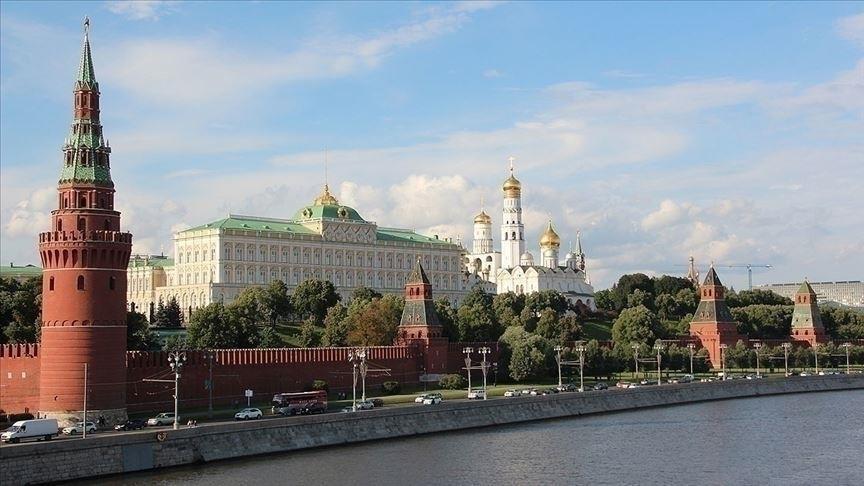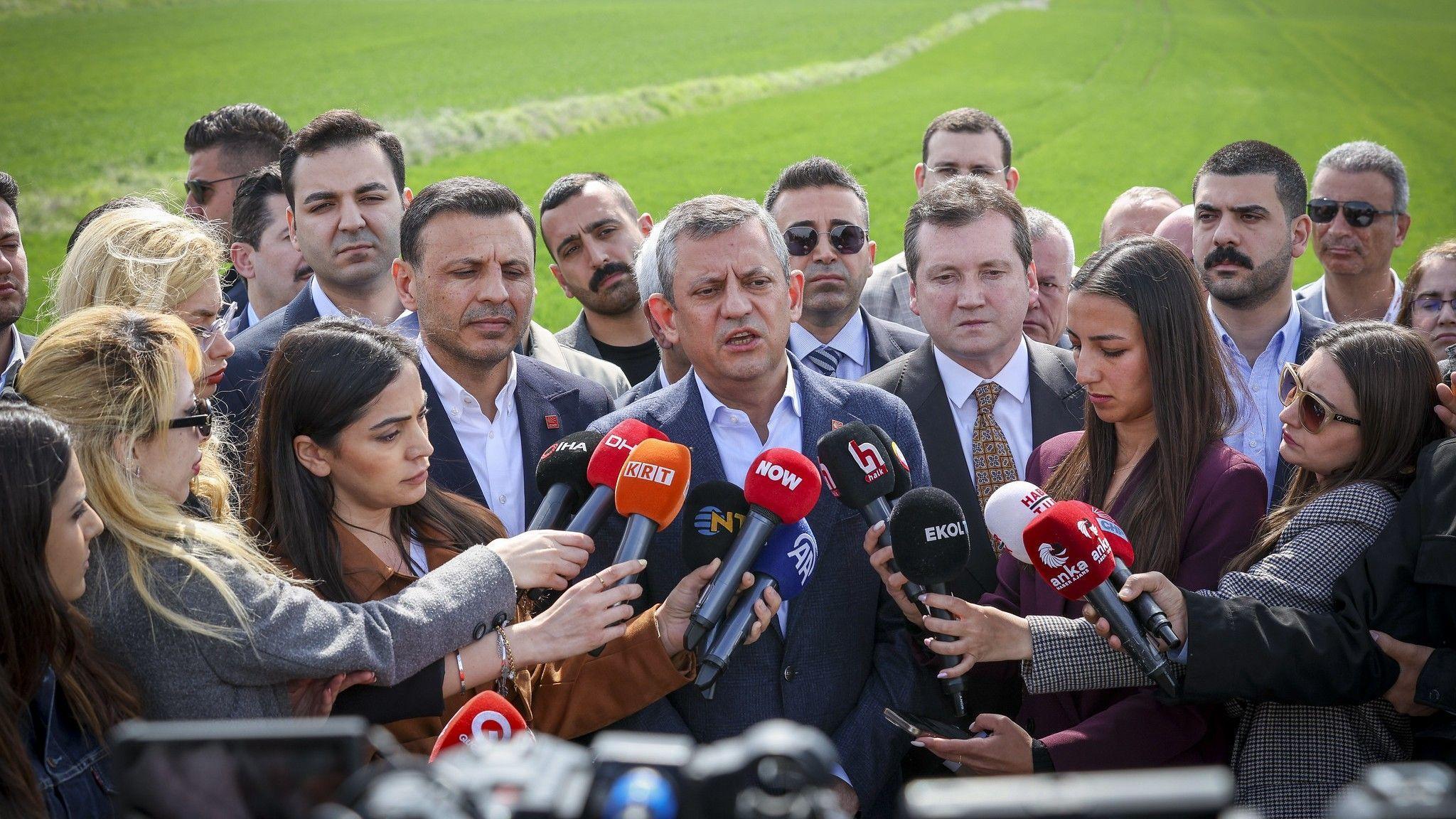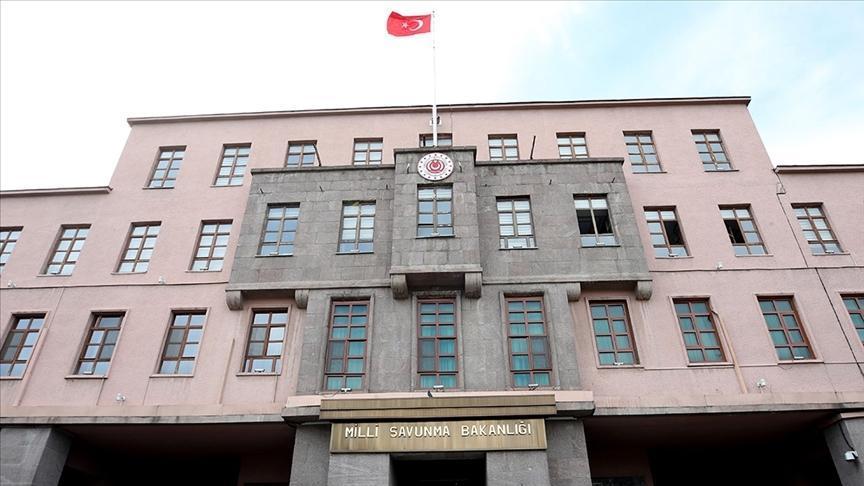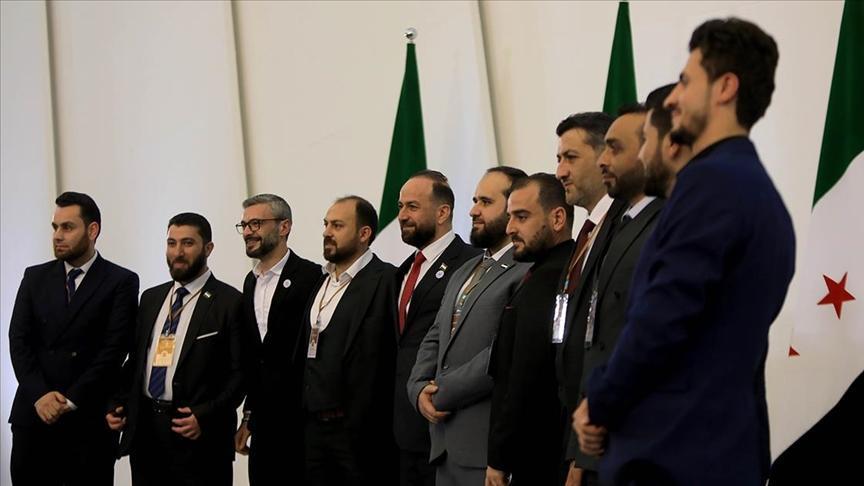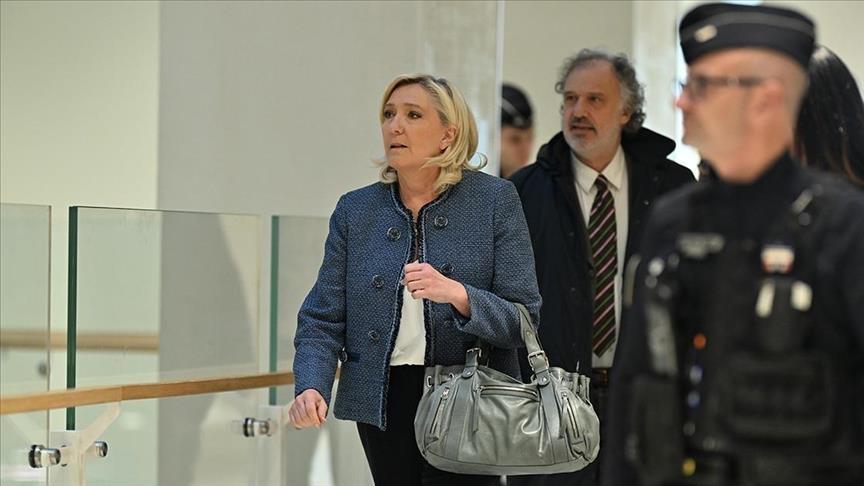Questions linger over interior minister’s rejected resignation
This column over the weekend underlined the need for a recalibration of Turkey’s fight against COVID-19 both scientifically and methodologically, given a general observation of the implementation of measures to contain the spread of the coronavirus.
The science part of the fight is under the helm of Health Minister Fahrettin Koca, who is leading the Science Board, while Interior Minister Süleyman Soylu is responsible for the implementation of the measures upon the recommendations of the board and instructions of President Recep Tayyip Erdoğan.
The past weekend revealed discordance between the two ministries as a result of the Interior Ministry’s very late announcement of a two-day curfew in 31 provinces late Friday that caused massive panic-buying which led to people breaching all rules of social distancing.
Soylu has publicly accepted his mistake as well as criticisms against him and announced his decision to resign from his position in order not to cast a shadow on Erdoğan’s governance.
As was expected by many, Erdoğan did not accept Soylu’s resignation, citing his successful performance as interior minister in the fight against terrorism, particularly against the PKK and FETÖ, and in maintaining the public order during difficult times. The storm over his resignation seems to have settled, but its reflections will have impacts on Turkish politics in the coming period.
At the core of all these political discussions is the performance of the government under the executive-presidential system, particularly during the pandemic that requires full coordination between all the governing bodies and institutions. Many pro-government experts hail the new system as the best means to respond to such a massive public health crisis, while government critics argue that political considerations undermine the scientific strategies in the fight against the virus. Preferring a two-day curfew during the weekends instead of a complete lockdown is regarded as one of the most important pieces of evidence supporting the criticisms of the dissidents.
Another important point shows that the system built by Erdoğan does not allow individual resignations of the ministers or other high-level officials. Soylu has been the first minister publicly declaring his resignation but it’s well-known that at least two ministers had expressed their will to resign from their positions, but they were not allowed to do so in the past year.
To refresh our memories: Erdoğan was mulling a cabinet reshuffle in 2019 especially after losing Istanbul and Ankara municipalities to the opposition, but he never did it for two main reasons: First, any hasty cabinet reshuffle would depict his government as defeated and weak. Second, Turkey’s military operation into northeastern Syria in the fall of 2019 and unprecedented escalation in Idlib province of Syria in early 2020 pushed Erdoğan to postpone his plans to give a new look on his cabinet.
His first and only touch on his government occurred two weeks ago when he dismissed the transportation minister for holding a very untimely tender for the Kanal Istanbul project.
The periods of crisis constitute a litmus test for all the governments in the world. It won’t be surprising to see Erdoğan reshuffling his government in the coming months after the coronavirus storm settles. There comes the question of whether Soylu will keep his position when that day comes or not.
Many believe he emerged out of the resignation drama even stronger, with Erdoğan praising his performance and Nationalist Movement Party (MHP) leader Devlet Bahçeli welcoming his stay in the job. Some argue that Erdoğan was not very happy with Soylu’s unilateral action as it was seen as a meticulously measured move for gaining a confidence vote in the eyes of Erdoğan and of the public opinion. He developed the perception that he was an indispensable figure for Erdoğan and that the president cannot give up on him.
It’s true that Soylu has built a reputation and appreciation among the nationalist-conservative core. Given the fact that the current system is not the right place to build a solo political career without the consent of Erdoğan, it will be up to Soylu to decide which way he will choose.



